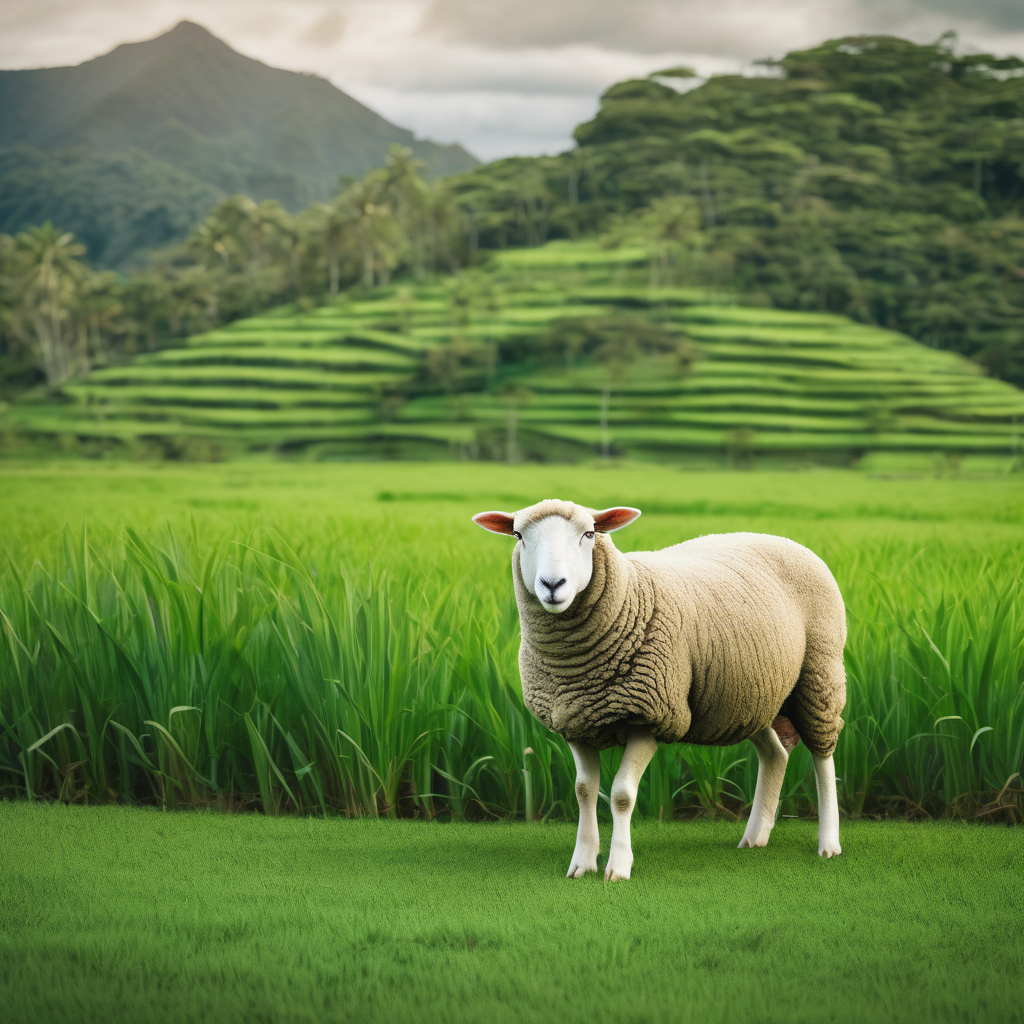Fiji’s sheep industry is experiencing significant growth, particularly in the West and North regions, leading to job creation, improved rural livelihoods, and enhanced food security. In a recent address to Parliament, Tomasi Tunabuna highlighted the strong demand for locally produced sheep, indicating robust interest in strengthening the industry.
Tunabuna emphasized the local sheep industry’s potential to generate foreign earnings, especially if export opportunities to other Pacific island nations are pursued. Fiji has already managed to export its sheep breed to neighboring Samoa and Tonga, showcasing the potential for market expansion.
To further bolster the sheep industry, Tunabuna called for collaboration with international and regional partners. He stressed the importance of adopting new research, technology, and practices that can increase local production and reduce reliance on imported sheep meat. In 2023, Fiji produced only 149 tonnes of sheep meat while importing a staggering 8,067 tonnes. With a target of increasing local sheep meat output by 4.42 tonnes for the current financial year, the government is dedicated to improving self-sufficiency in this sector.
A significant investment of $635,000 has been earmarked for the Sheep Research and Extension Initiative, aimed at enhancing sheep breeds, improving nutrition, and minimizing losses from diseases and dog attacks, further supporting local producers.
Recognizing the importance of adequate funding, Opposition Leader Inia Seruiratu has urged the Ministry of Agriculture to receive more resources to elevate the sheep industry. He pointed out that proper management and nutrition are vital components for growth but come at a cost. His call to action emphasizes the necessity of government support to fully realize the industry’s potential.
Historical initiatives, such as the successful breeding programs stemming from the conclusion of a significant quarantine period in 1990, set a foundation for Fiji’s mutton industry. This initiative paved the way for the understanding and creation of sheep breeds tailored to local conditions, which can thrive in Fiji’s climate while reducing environmental impact.
As Fiji’s commitment to enhancing its local agriculture sector grows, these developments bring a hopeful outlook for farmers, emphasizing the relevance of sustainable practices for food security and economic stability. The focus on local production not only addresses potential import challenges but also strengthens community ties through agricultural engagement. With ongoing support and innovation, the future of Fiji’s sheep industry appears promising, aiming to meet domestic needs and bolster regional trade.
